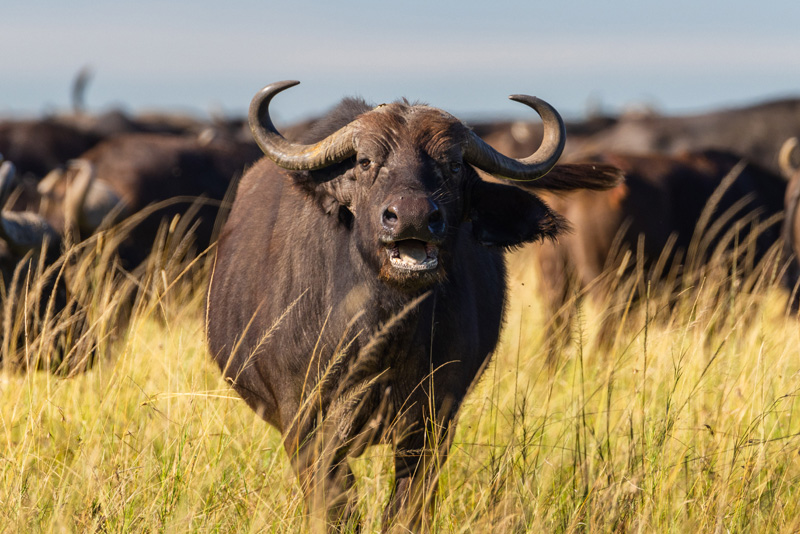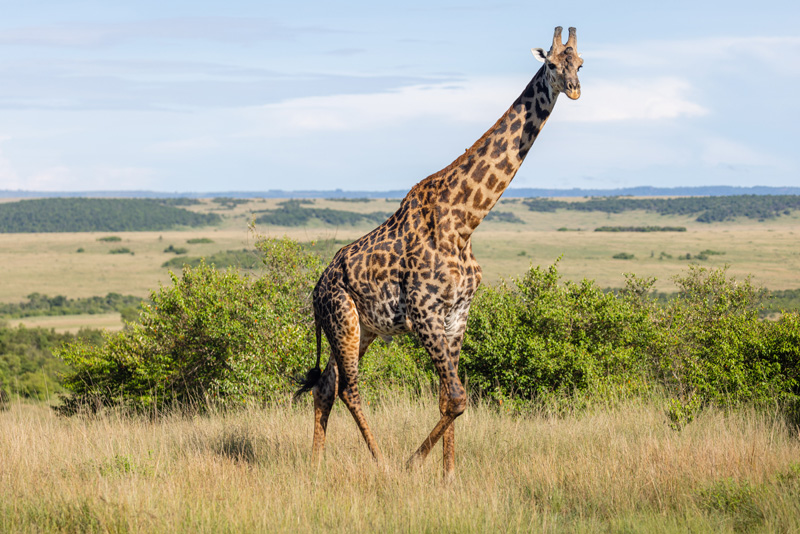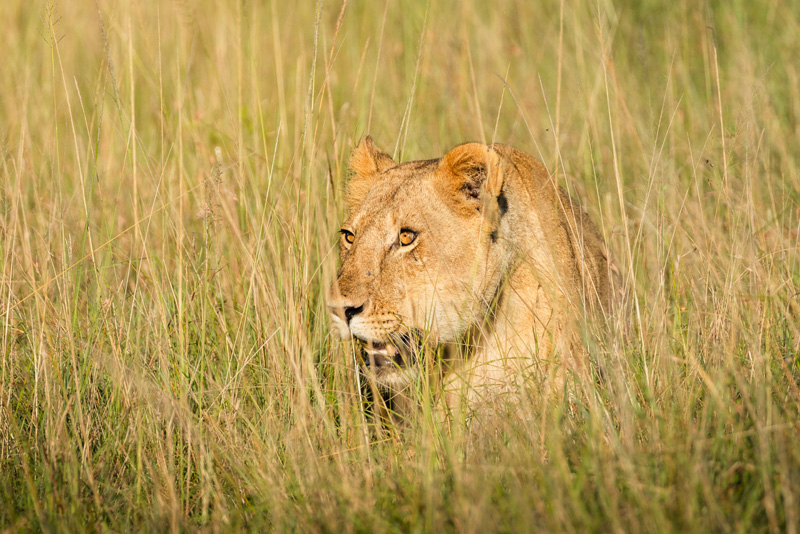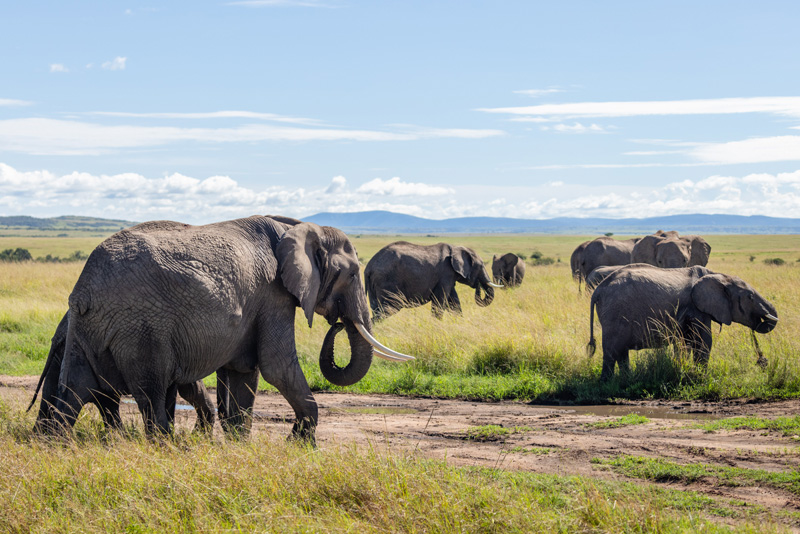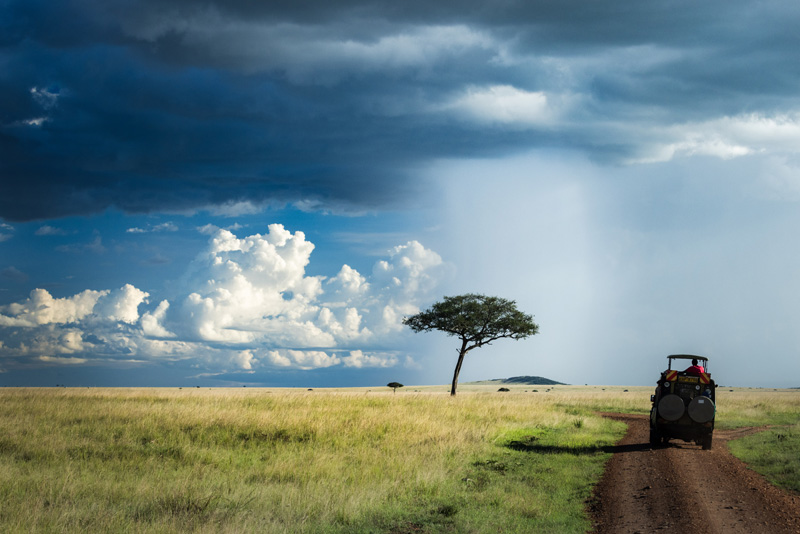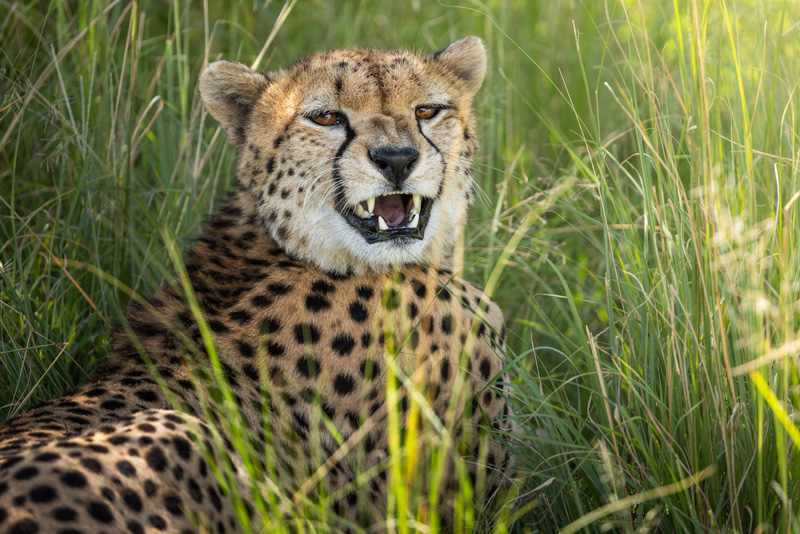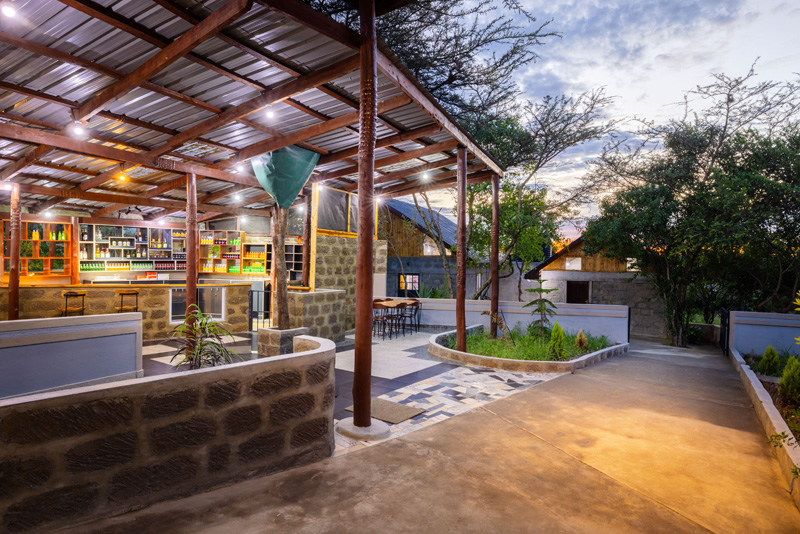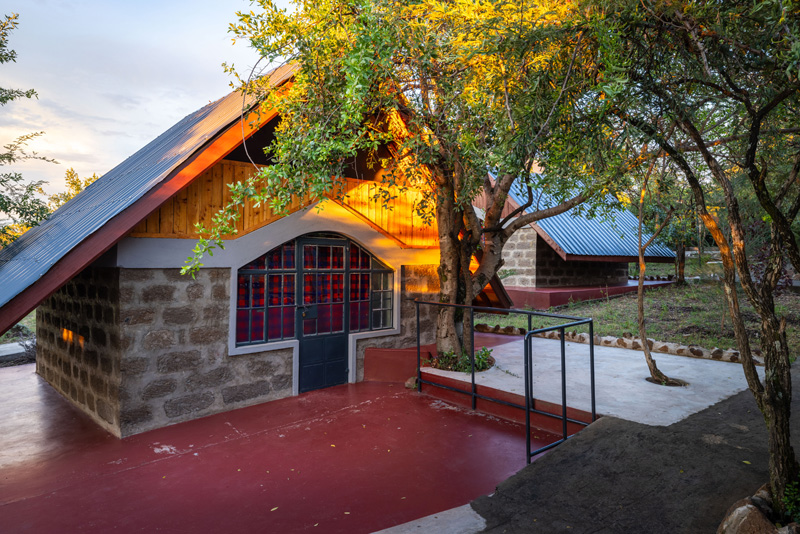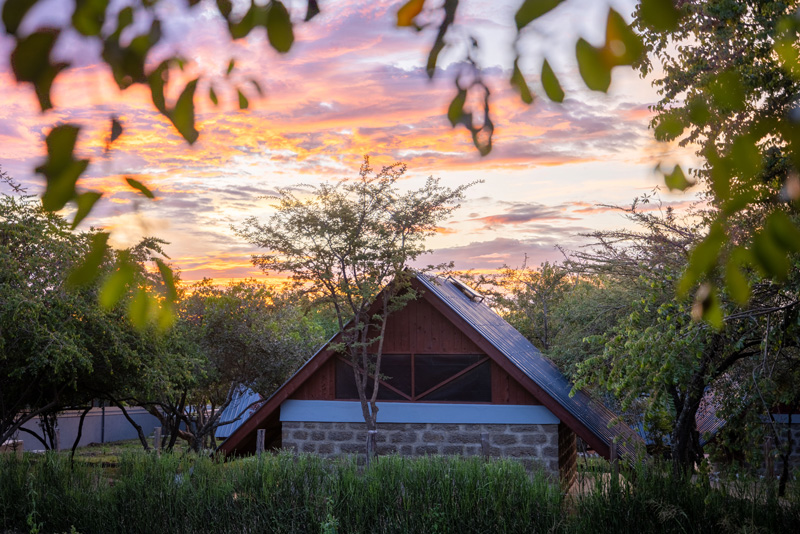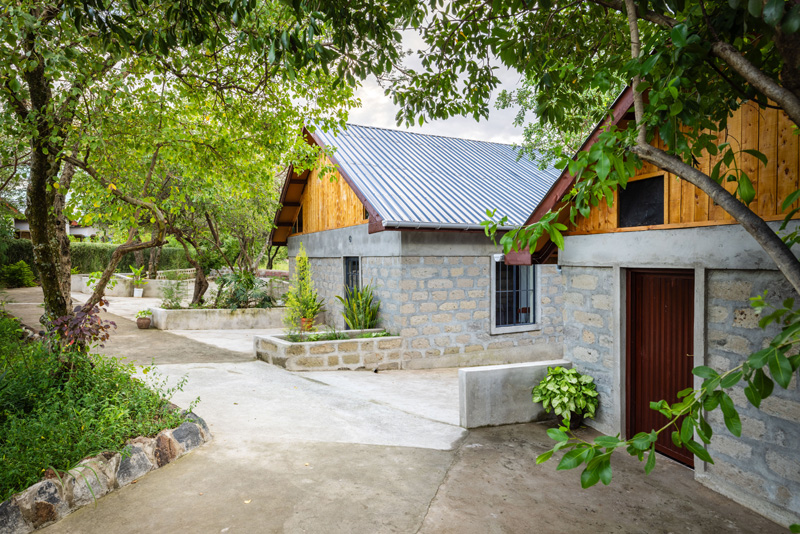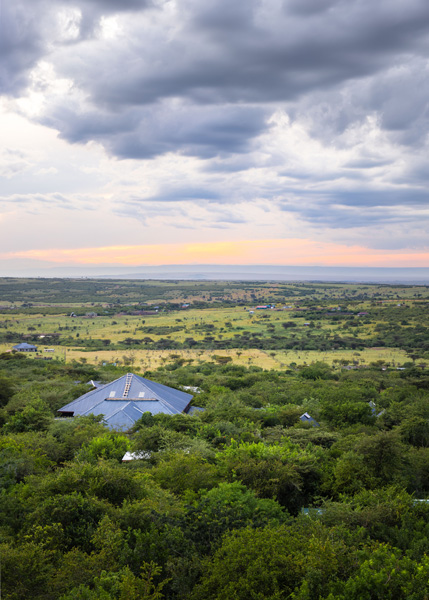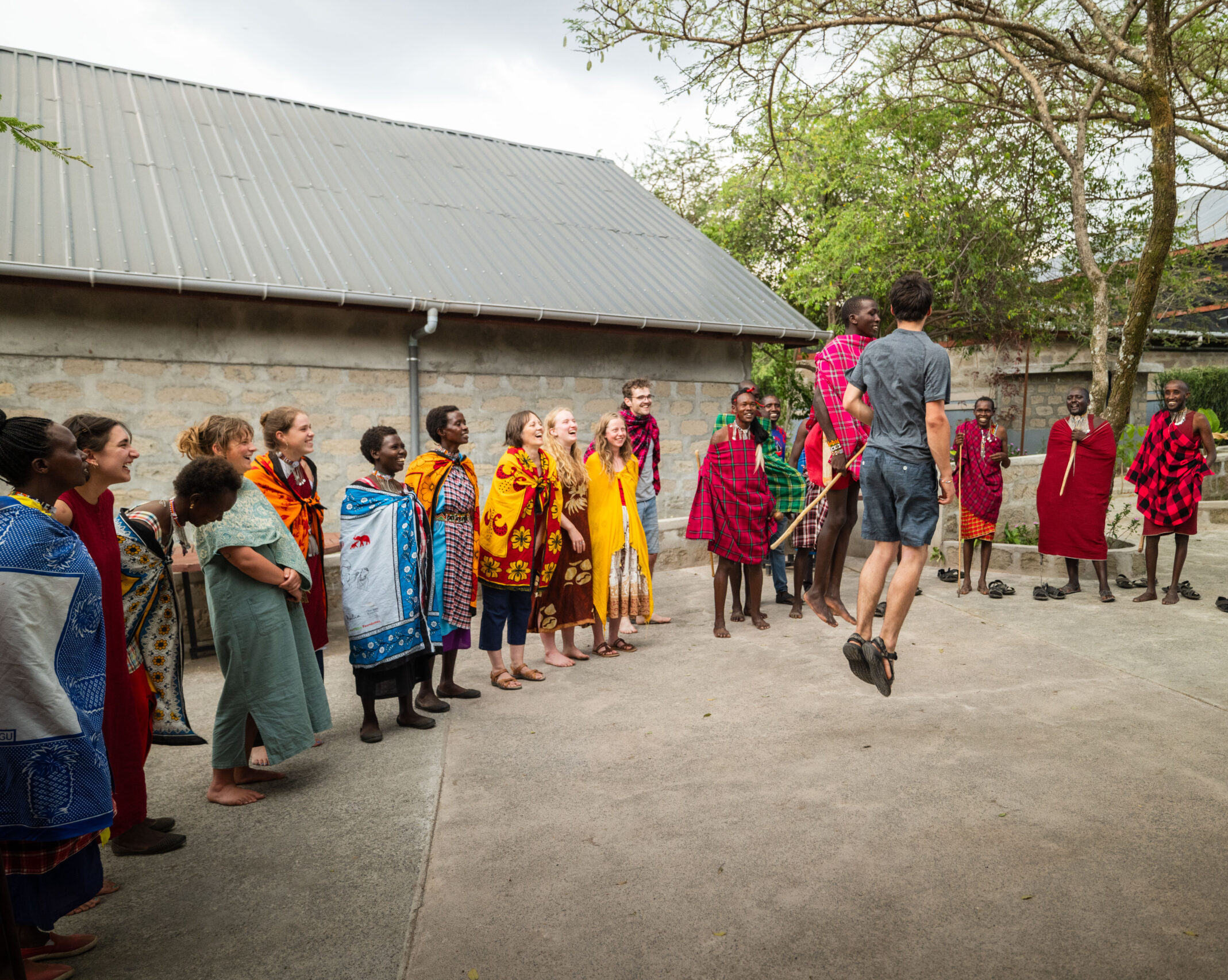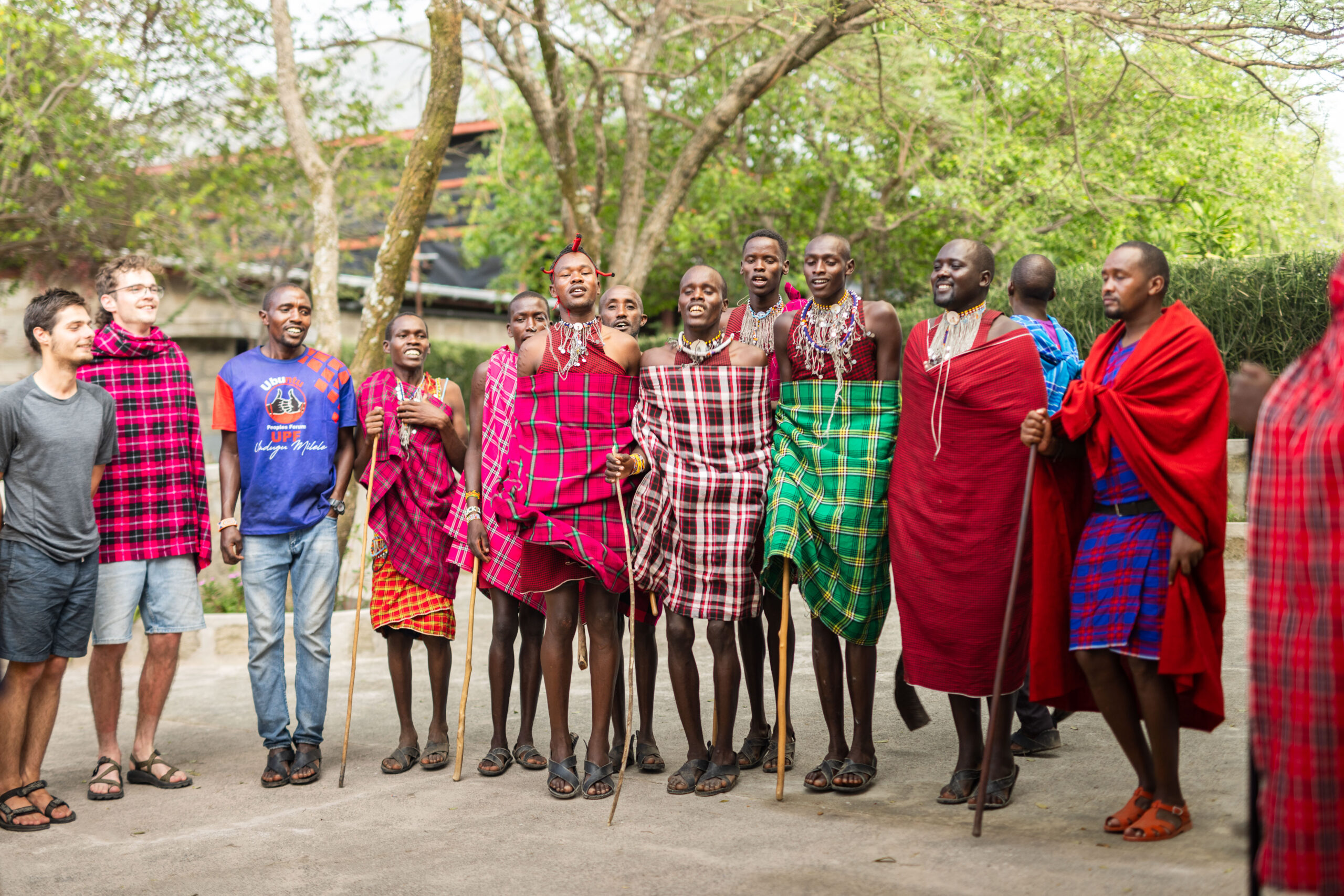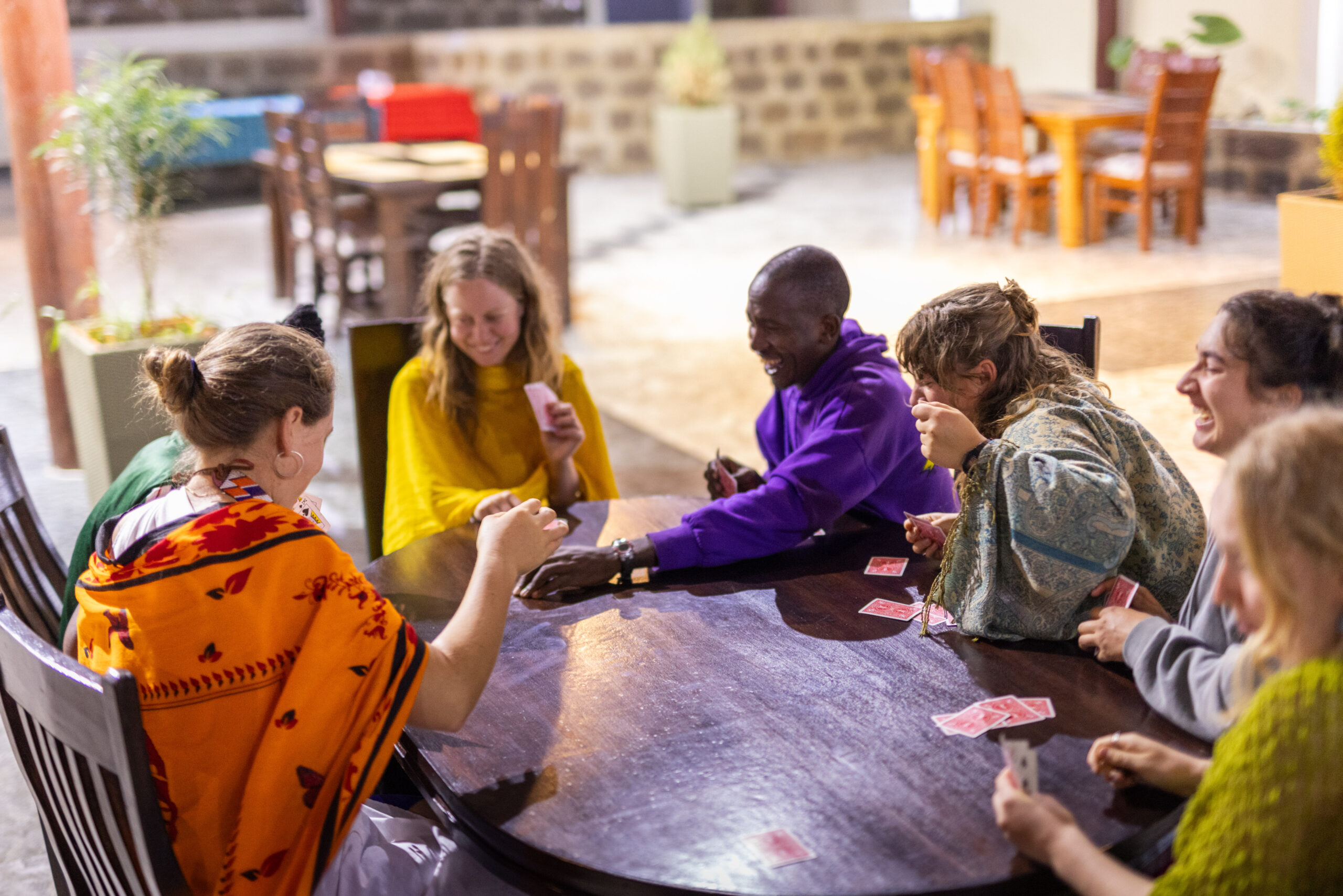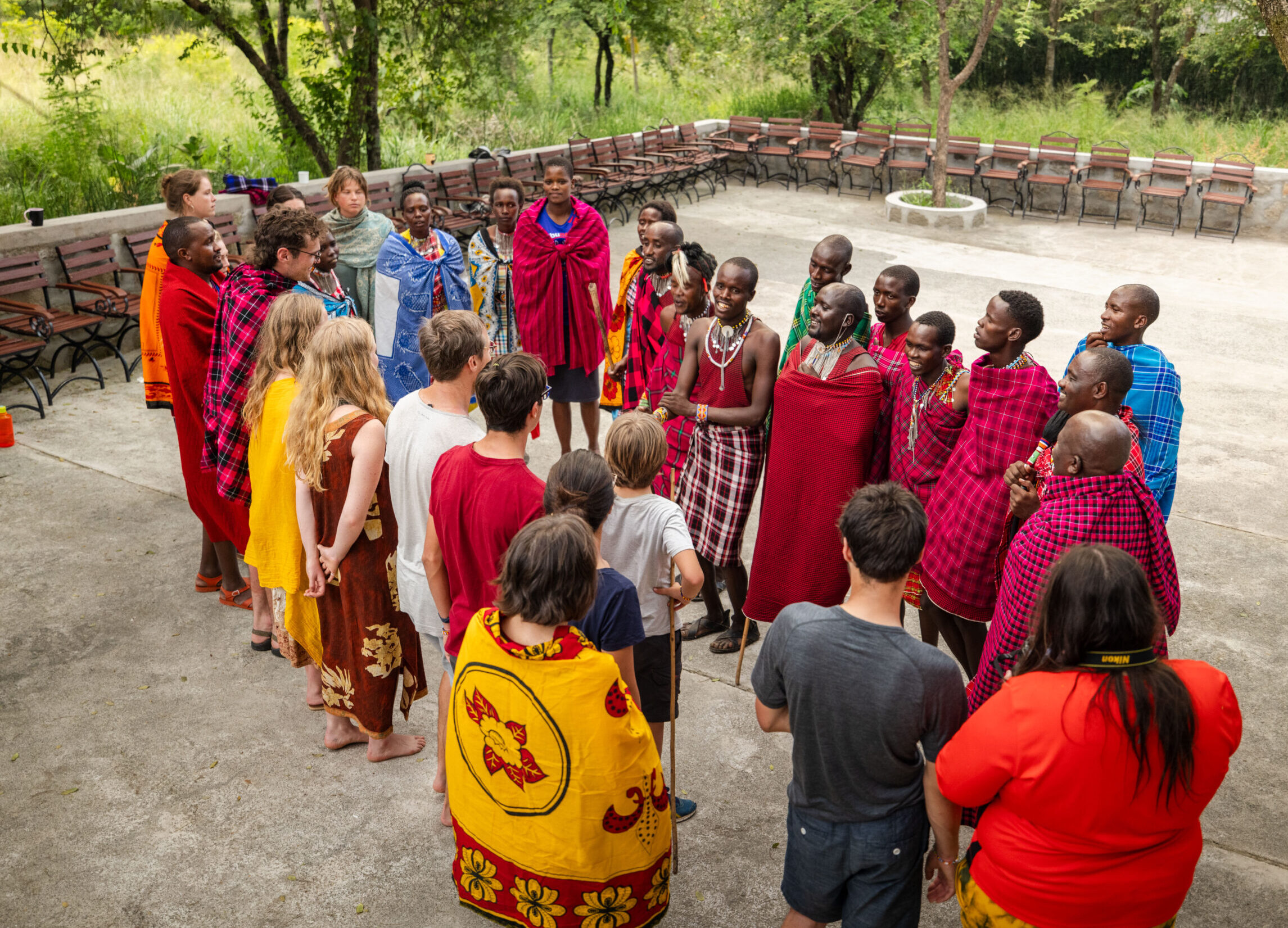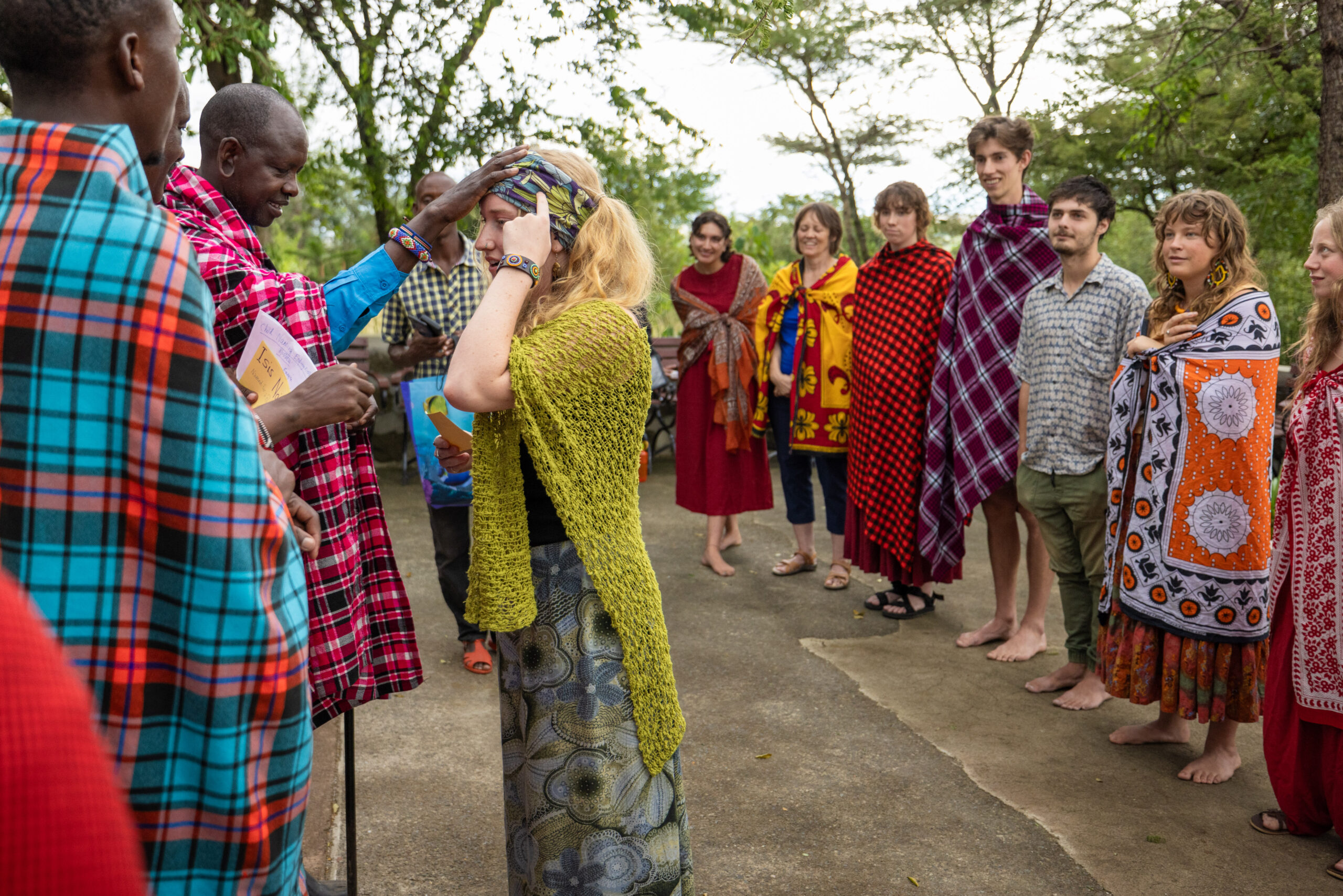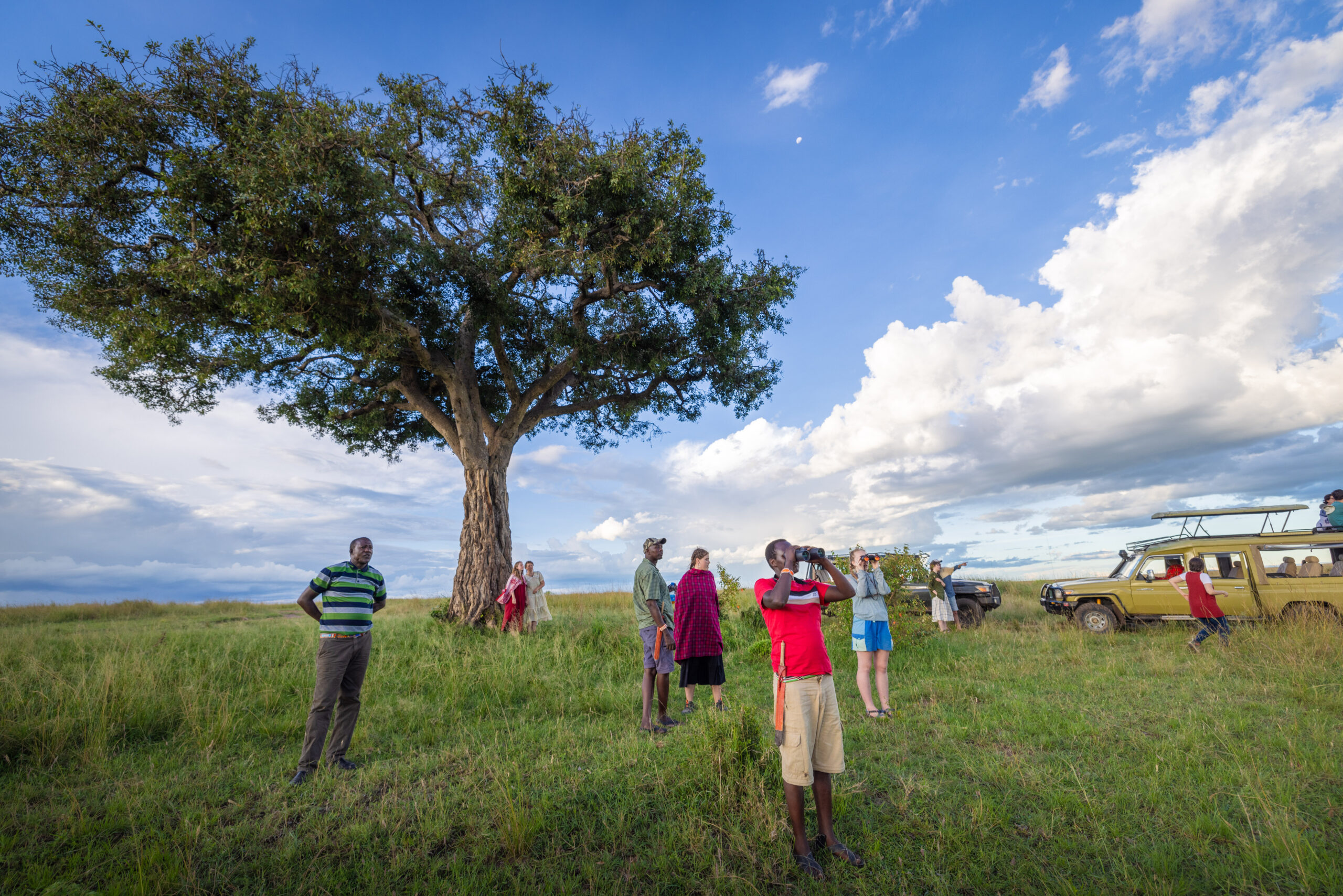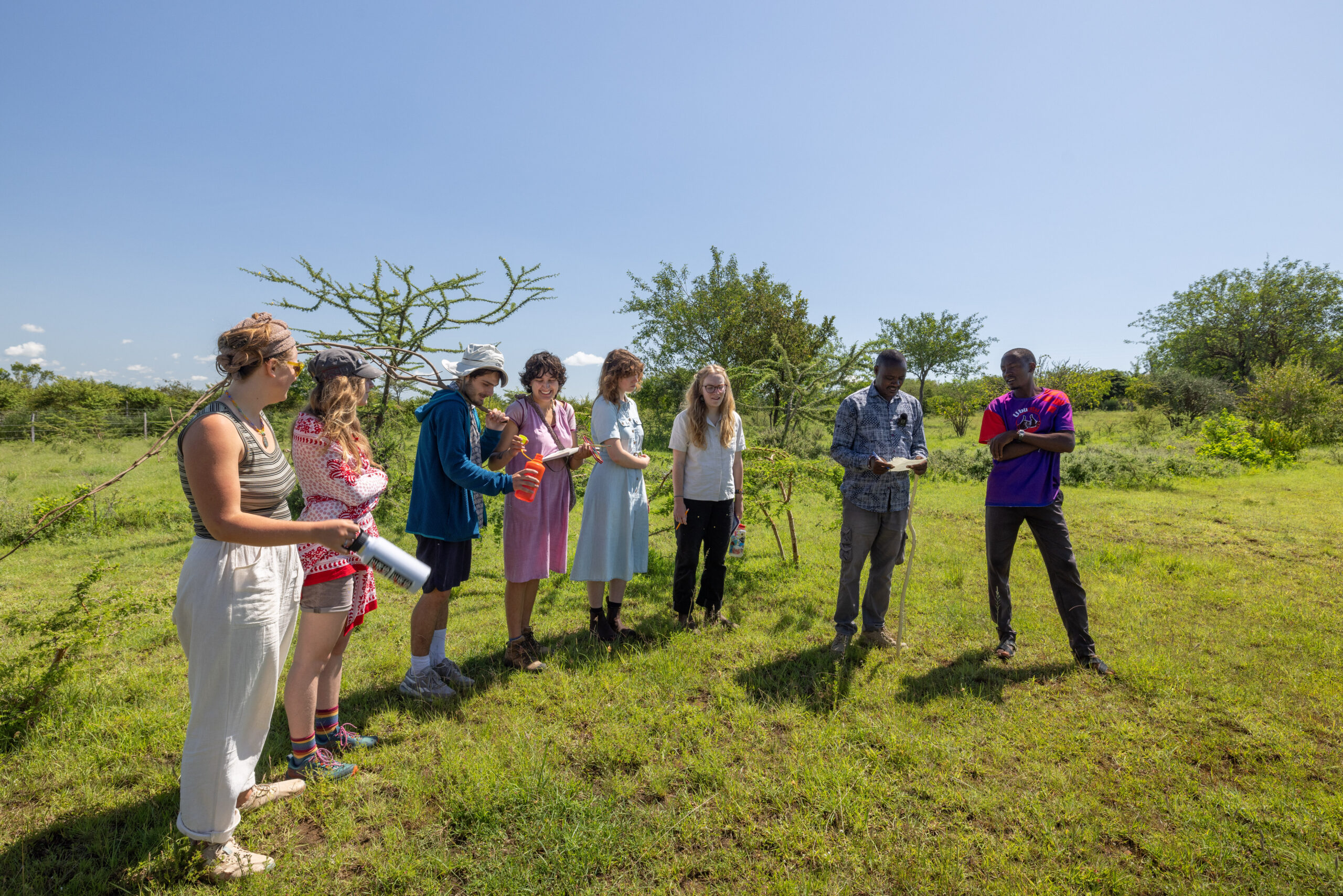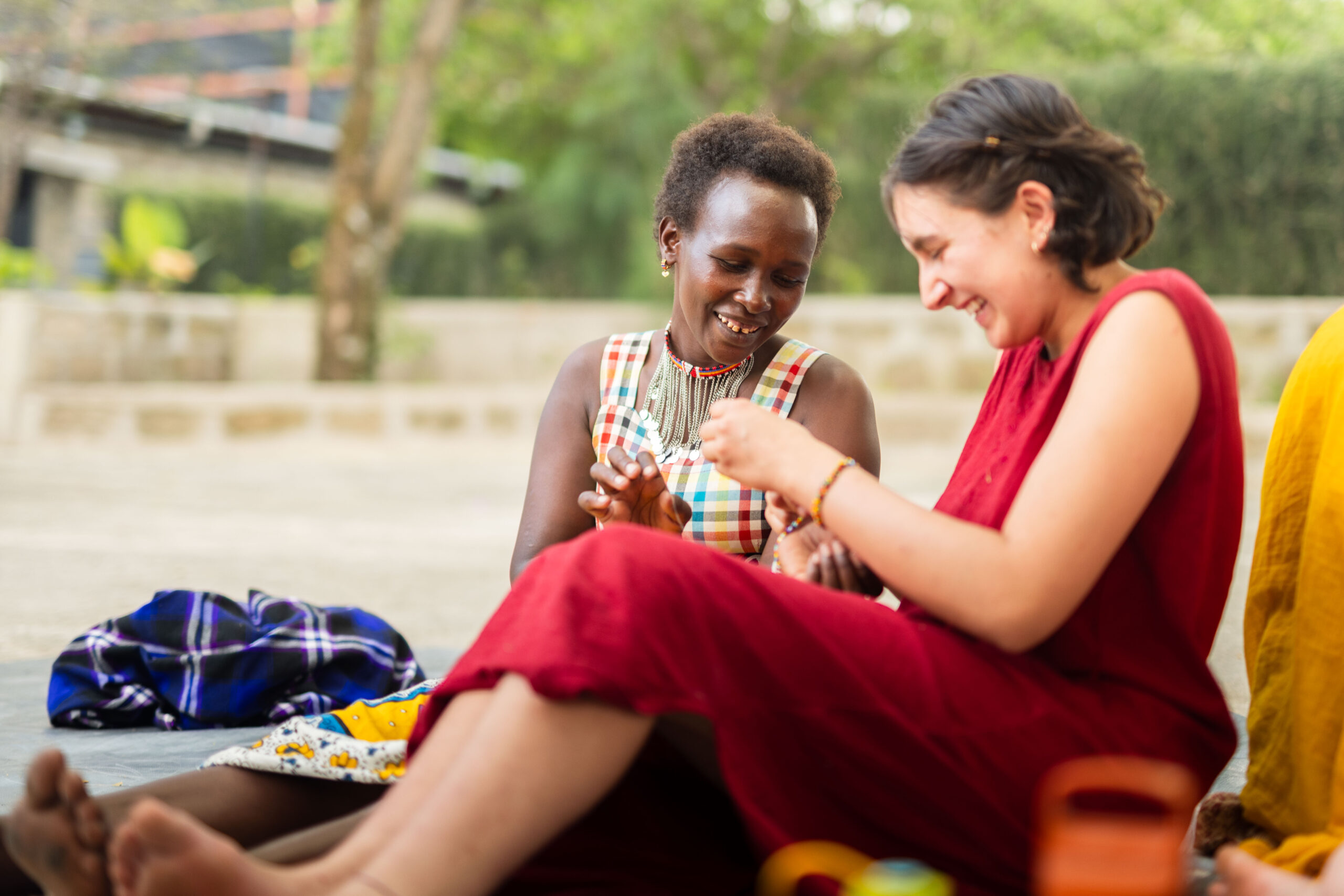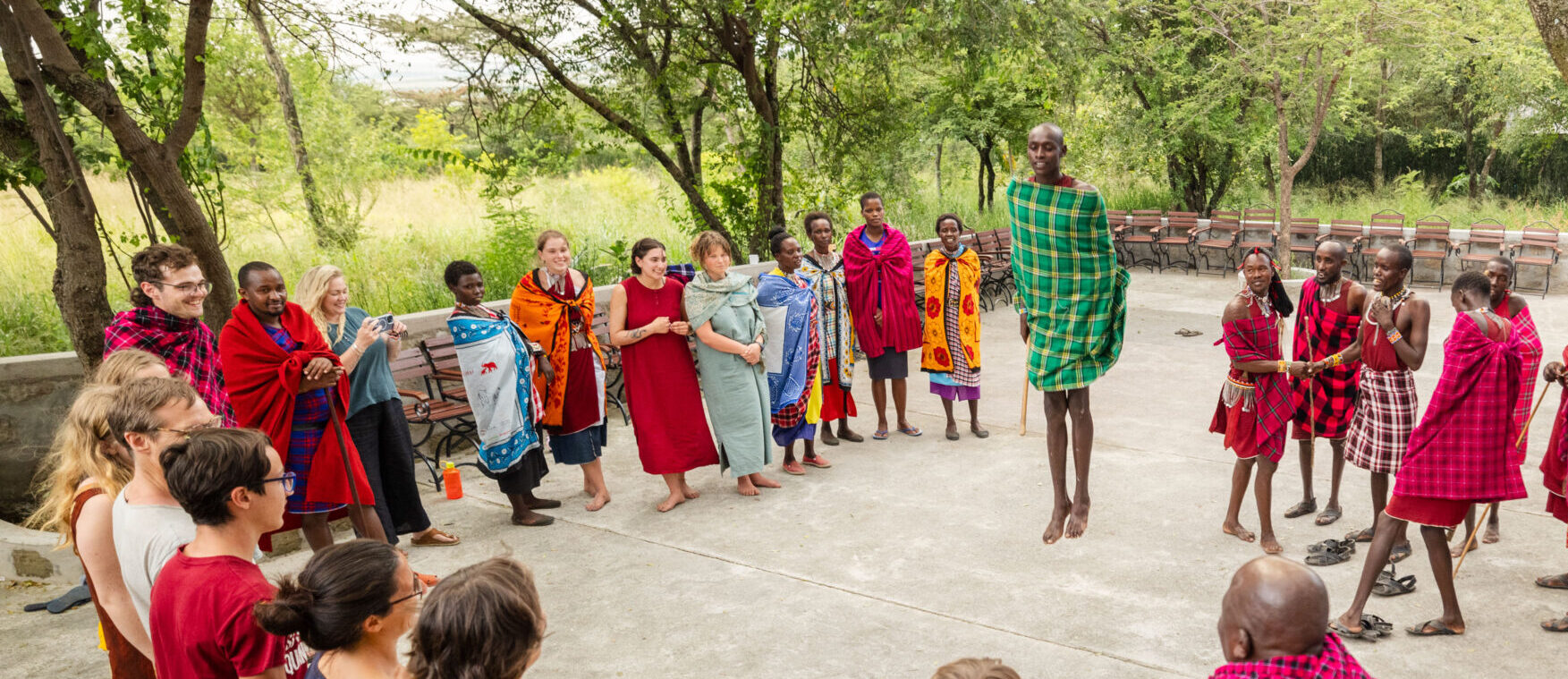Tourism
Tourism
Maasai are Reclaiming the Tourism Industry that takes place on our Land.
Maasailand is home to East Africa’s wildlife tourism industry
Due in part to Maasai cultural taboos that prohibit the killing of wildlife, Maasailand in Kenya and Tanzania is endowed with rich biodiversity and the highest wildlife concentrations in the world. Among many wildlife preserves located in Maasailand are: Maasai Mara, Buffalo Springs, and Samburu Game Reserves, the Tsavo West, Amboseli, Hells Gate, and Lake Natron National Parks in Kenya, and in Tanzania the Serengeti, Mkomazi, Tarangire, Lake Manyara National Parks, as well as the Ngorongoro and Loliondo Conservation Areas. The world-renowned Oldupai (Olduvai) gorge, the site of anthropological discovery by the Dr. Leakey is in the heart of Maasailand.
For more information about our tourism program, led in partnership with MERC and rooted in Indigenous-led practices, please click the link below.
Maasailand Information
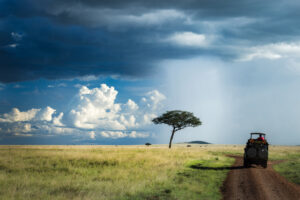 The landscape of the cross-border Maasai-Serengeti ecosystem is breathtakingly beautiful and includes many World Heritage Sites, and these aspects coupled with the astonishing Maasai culture make Maasai Mara-Serengeti the most visited tourist destination on the continent of Africa. Tourism is the leading foreign exchange earner in Kenya and Tanzania today, bringing over a million people a year to Kenya alone, mainly to see wildlife in the reserves and parks listed above.
The landscape of the cross-border Maasai-Serengeti ecosystem is breathtakingly beautiful and includes many World Heritage Sites, and these aspects coupled with the astonishing Maasai culture make Maasai Mara-Serengeti the most visited tourist destination on the continent of Africa. Tourism is the leading foreign exchange earner in Kenya and Tanzania today, bringing over a million people a year to Kenya alone, mainly to see wildlife in the reserves and parks listed above.But in spite of the enormous economic benefits of tourism to East Africa, the industry poses serious threats to the environment, wildlife and culture of the Maasai people. Wildlife harassment, off-the-road driving, pollution, noise, and other unprofessional, unacceptable, and dangerous behavior by local guides and drivers that endanger both wildlife and tourists are a common occurrence. Unregulated development has flourished to the point where the carrying capacity of the environment is exceeded; water is overused and polluted, making it inaccessible to local communities. Greater threats are posed by unregulated conservancies that occupy former grazing land, leading to cattle grazing inside the Maasai Mara Game Reserve (MMGR) and subsequent animal/human conflict.
 The Maasai Mara Game Reserve is managed by the elected leadership of the Narok County government which maintains the reserve in a public status. A serious threat is posed by attempts of government, some conservationists, and the tourism industry to privatize the MMGR and other reserves could lead to a reconstruction of the land by for-profit industry.
The Maasai Mara Game Reserve is managed by the elected leadership of the Narok County government which maintains the reserve in a public status. A serious threat is posed by attempts of government, some conservationists, and the tourism industry to privatize the MMGR and other reserves could lead to a reconstruction of the land by for-profit industry.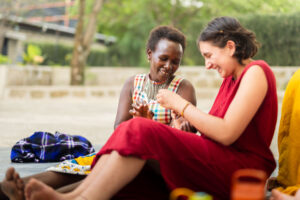 Tourism in Maasailand is also an Opportunity
Tourism in Maasailand is also an Opportunity
In the face of these challenges, tourism holds great promise for the Maasai community. As more Maasai youth are trained and employed in the industry as field guides, chefs, lodge staff and managers, wages remain in the community and those with jobs are able to live in their home communities rather than migrating to towns and cities for work. Women’s bead cooperatives and other local businesses and micro-enterprises are beginning to share in some small corners of profits of tourism. More tourists come to Maasailand looking for genuine connection and education about Maasai culture. For all of these reasons, ecologically sustainable community based tourism is an important part of the future vision of Maasailand.
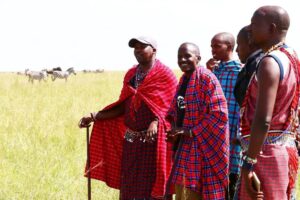 In 2016, after two years of effort, the Mara Guides Association (MGA) was registered by the Kenyan government as a Community Based Organization, the first workers union of Maasai people in history. The MGA has accomplished great things in a short time since: it has established the Prescott College Field Guide Training Program, defeated multiple attempts to alter the MMGR management plan to allow for privatization, and secured election of of local community leaders. A current project of the MGA is to build the Maasai Automotive Education Center to train Maasai people in auto mechanics. There are 33 towns bordering the MMGR and not a single Maasai mechanic who can repair tourism vehicles, a situation that has led to exploitation of minority Maasai field guides.
In 2016, after two years of effort, the Mara Guides Association (MGA) was registered by the Kenyan government as a Community Based Organization, the first workers union of Maasai people in history. The MGA has accomplished great things in a short time since: it has established the Prescott College Field Guide Training Program, defeated multiple attempts to alter the MMGR management plan to allow for privatization, and secured election of of local community leaders. A current project of the MGA is to build the Maasai Automotive Education Center to train Maasai people in auto mechanics. There are 33 towns bordering the MMGR and not a single Maasai mechanic who can repair tourism vehicles, a situation that has led to exploitation of minority Maasai field guides.Visitor Information
The Dopoi Center has office and classroom space, a large central dining and gathering area, cabin style to upscale housing for 50+ people, running water, solar electricity, a beading cooperative, solidarity center conference space and welcome center with a view. It hosts community meetings throughout the year.
Located across southern Kenya and northern Tanzania, Maasailand is known for its unique climate, which plays a big role in the landscape and local culture. This region experiences warm, mostly dry weather throughout the year, with two distinct rainy seasons: the “long rains” from March to May and the “short rains” from October to December. During these periods, the area transforms as fresh greenery and wildflowers bloom, drawing a diverse array of wildlife. In the drier months, Maasailand’s open plains and acacia-dotted savannas are beautiful in their own right, with breathtaking sunsets and vast, dusty landscapes.
Climate change has altered the usual patterns in many parts of Maasailand, creating more rainfall in the area of the Dopoi Center, feeding trees, domestic animals, wildlife and rivers.
Maasai people are pastoralists and cows, goats and sheep are central to all aspects of Maasai life. The Dopoi Center is surrounded by Maasai villages, and we have own small herd that grazes around the Center. Maasai culture has changed and adapted through its history, and that continues today as many young Maasai people pursue western education, speak English and look for opportunities to connect with visitors.
Medical care is very available at Dopoi. We are a ten minute drive away from a clinic in the town of Talek, and a 45 minute small plane ride from Nairobi and world class medical care in the case of emergencies.

